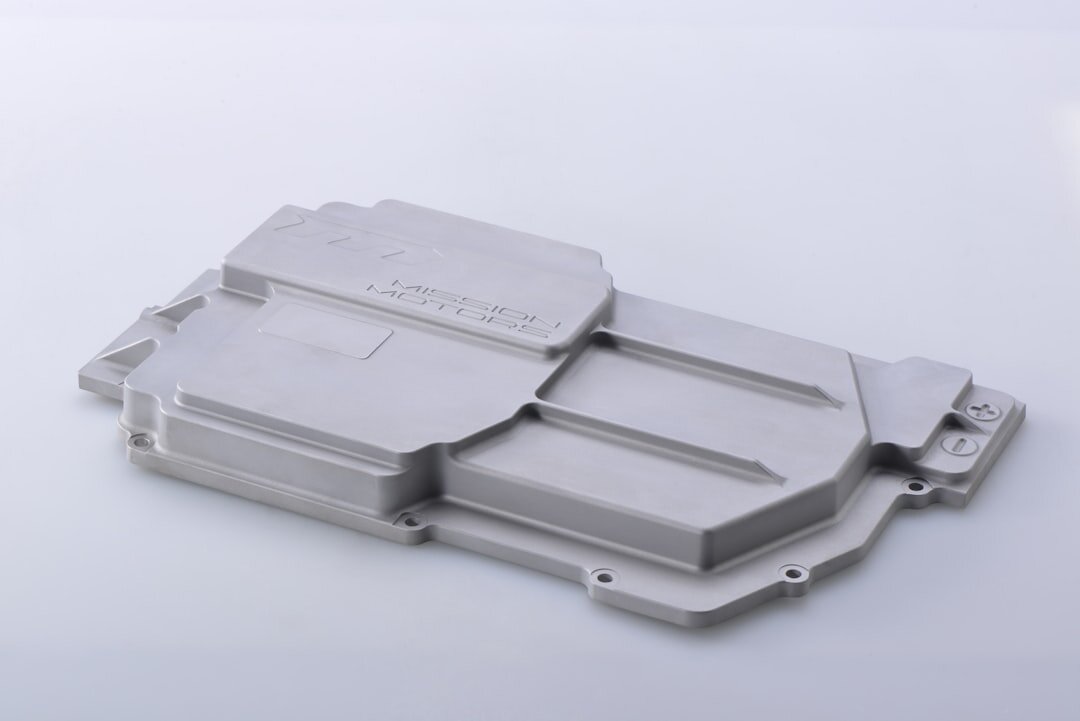
Lignin-Based Automotive Components
Development of sustainable automotive components using lignin-derived bioplastics to replace traditional fossil-based polymers in vehicle manufacturing.
UN Sustainable Development Goals
Project Overview
The Lignin-Based Automotive Components project represents a groundbreaking initiative to revolutionize the automotive industry through sustainable material innovation. By leveraging Finland’s abundant lignin resources - a byproduct of the pulp and paper industry - this project aims to develop high-performance bioplastics that can replace traditional fossil-based polymers in vehicle manufacturing.
Technical Innovation
Our research focuses on advanced lignin valorization techniques to create automotive-grade materials that meet the stringent requirements of the automotive industry. The project combines cutting-edge polymer chemistry with industrial-scale production methods to deliver:
- High-strength composite materials for interior components
- Lightweight bioplastics for exterior applications
- Fire-resistant formulations for safety-critical parts
- UV-stable compounds for long-term durability
Sustainability Impact
This initiative directly addresses the automotive industry’s carbon footprint by:
- Reducing dependence on fossil-based materials by up to 40% in target applications
- Utilizing waste lignin streams, creating circular economy value
- Enabling end-of-life biodegradability for non-structural components
- Supporting Finland’s position as a leader in sustainable automotive materials
Market Applications
The developed materials are being tested and validated for multiple automotive applications including:
- Dashboard and interior trim components
- Door panels and storage compartments
- Underhood applications requiring heat resistance
- Exterior trim and decorative elements
Commercial Impact
The project is expected to create significant commercial opportunities for Finnish companies in the growing sustainable automotive materials market, projected to reach €15 billion globally by 2030. The developed materials will be validated through industry partnerships and rigorous testing protocols to ensure automotive-grade performance and certification compliance.
Lead Partner
Coordinating and managing the project implementation
Focus Areas
Explore More Projects
Discover other collaborative research and innovation initiatives in the bioeconomy sector.